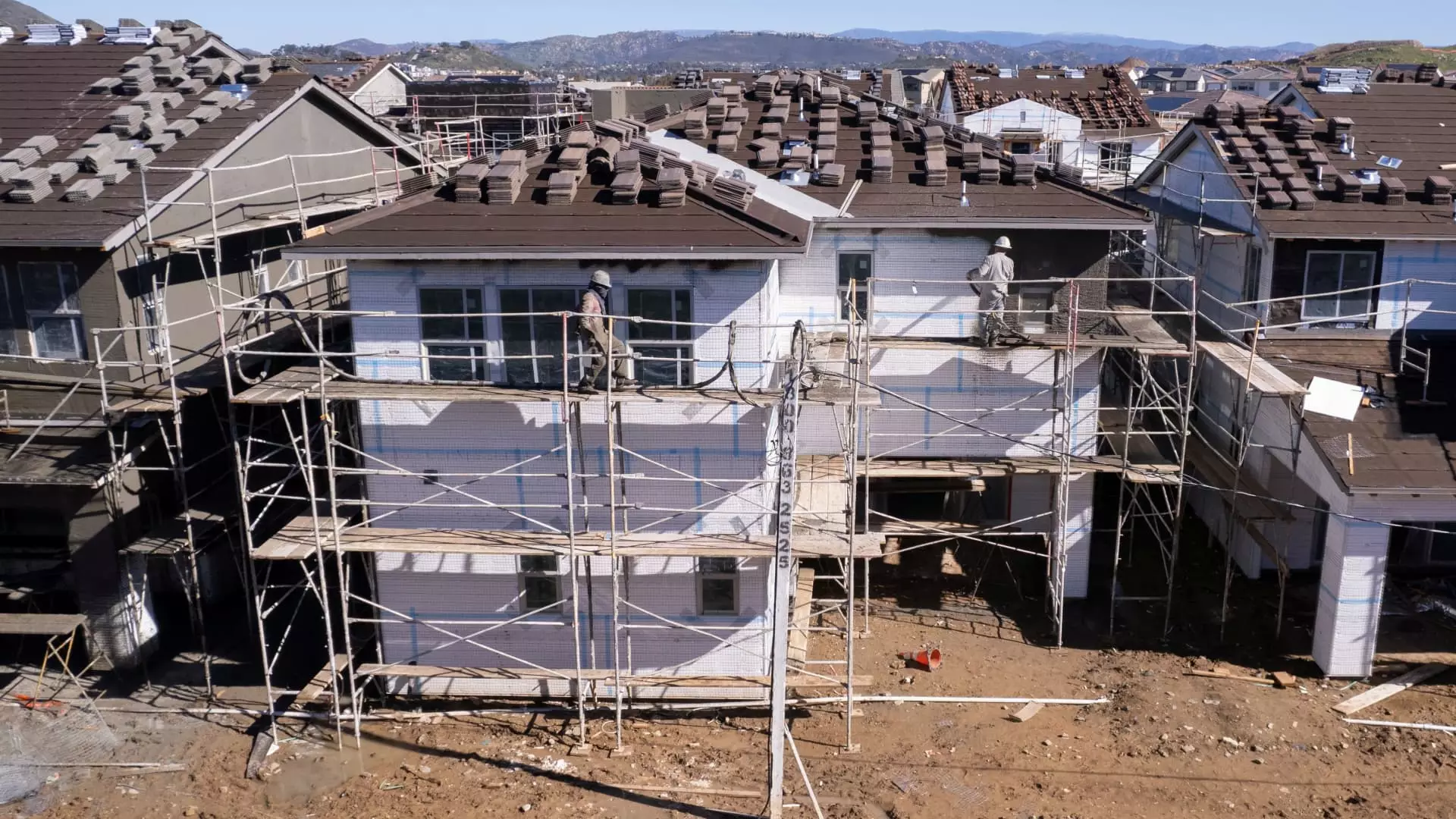The homebuilding sector in the United States has faced several challenges in recent years, impacting the performance of top companies such as D.R. Horton and Lennar. While shareholder returns for these companies outpaced the S&P 500 between August 2014 and August 2024, analysts have downgraded their investment outlook this summer. Despite this, some investors remain optimistic about the industry’s prospects for performance.
Industry observers believe that the market positions of top homebuilders have grown significantly since the 2007-2008 financial crisis. According to research by Luis Quintero, a faculty member at Johns Hopkins University Carey School of Business, homebuilders received a massive liquidity boost from stimulus packages in the early 2010s, giving them the resources to operate as they saw fit. This lower level of competition among homebuilders may have contributed to the U.S. housing shortage, with estimates ranging from 2 million to 20 million housing units short.
Tobias Peter, co-director of the American Enterprise Institute’s Housing Center, believes that the housing shortage in the United States is partly due to the slow permit approval process in areas with restrictive zoning laws. Margaret Whelan, founder and CEO of Whelan Advisory, noted that areas with more open land and looser regulations see more home sales, as decisions on land use tend to be faster and more efficient in such regions. However, the challenging permit and start process of new residential projects has led to a decline in construction activities, hindering the necessary increase in housing units.
The differing views of political figures like Vice President Kamala Harris and former President Donald Trump play a role in shaping the housing market. Harris has proposed relaxing zoning laws and providing subsidies to builders for constructing 3 million new homes by the end of the next presidential term. In contrast, Trump has criticized efforts to introduce more dense housing in suburban areas, blaming the Biden administration for the current inflation situation that has impacted housing costs. This political divide may affect the pace of residential construction and affordability for potential homebuyers.
The U.S. homebuilding industry faces numerous challenges, from the housing shortage and permit approval process to political influences and market dynamics. While companies like D.R. Horton and Lennar have shown strong performance in the past, shifting economic conditions and policy changes may impact their future prospects. Investors and industry stakeholders must carefully navigate these challenges to ensure sustainable growth and stability in the housing market.

Leave a Reply